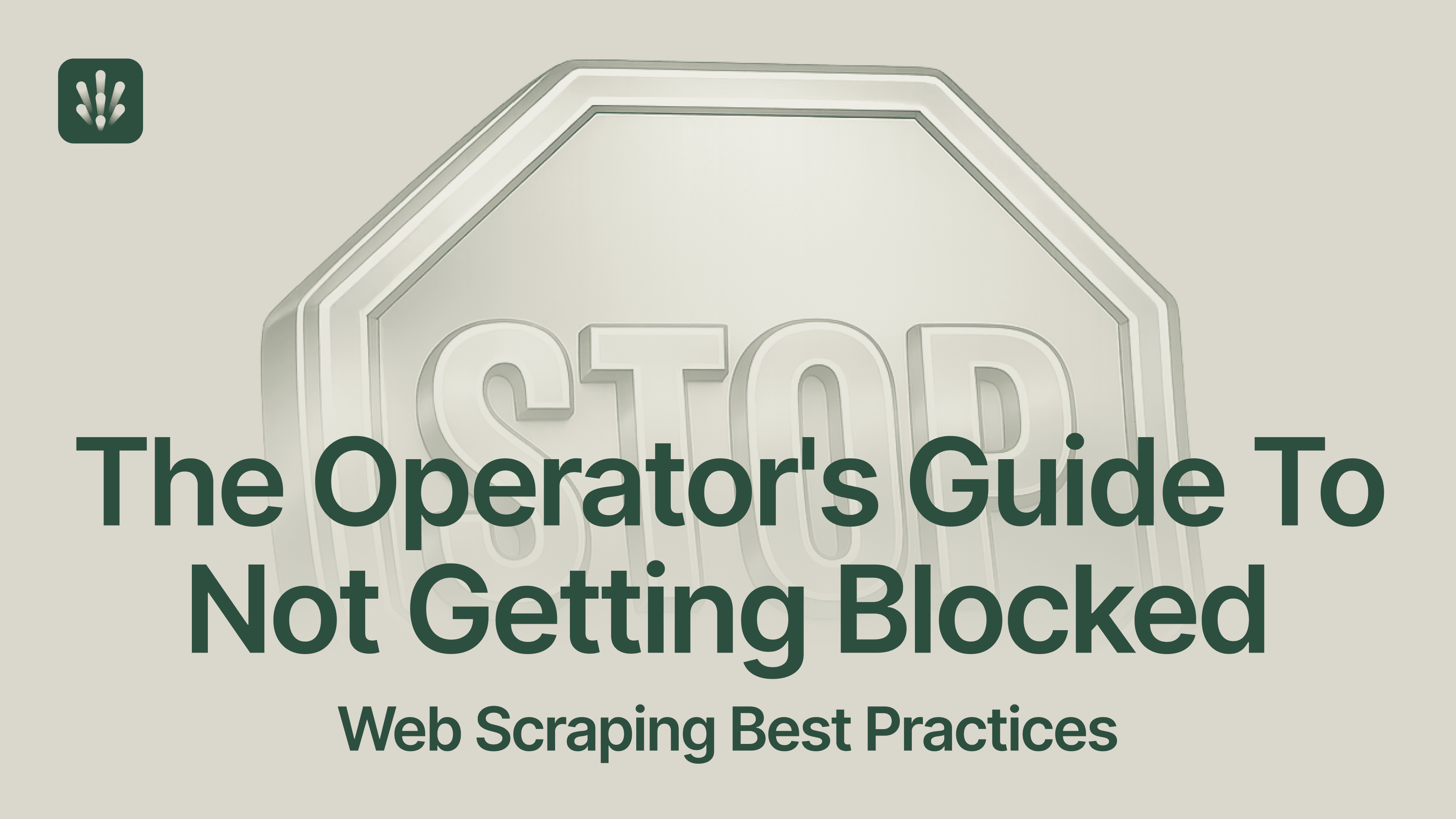What are anonymous proxies and how do they work? [2025]
Learn what anonymous proxies are, how they work, and why they're essential for online privacy, geo-unblocking, scraping, and secure browsing in 2025.

Hype Proxies
Last updated -
May 7, 2025
Proxies
![What are anonymous proxies and how do they work? [2025]](https://framerusercontent.com/images/s3xmx89RpHlIBLWl99ZaVPpdpe0.png?width=1201&height=631)
With online privacy becoming more important than ever, many users now rely on anonymous proxies to keep their identities hidden while browsing. These tools serve as a protective layer between your device and the internet—masking your IP address, minimizing tracking, and helping bypass geo-blocks or access-restricted content.
Let’s take a closer look at what anonymous proxies are, how they function, and why they’ve become essential for privacy-focused users, businesses, and developers.
What are anonymous proxies?
An anonymous proxy is a type of proxy server that conceals your real IP address from the websites you visit. Instead of connecting to a website directly, your traffic is routed through the proxy server, which strips out identifying information before forwarding the request.
Your IP address is one of the key ways websites identify and track you. Anonymous proxies mask this information, replacing it with the proxy server’s IP instead. To the target website, it looks like the request came from the proxy—not from your device.
Modern anonymous proxies also help block advanced tracking methods, such as cookie profiling, browser fingerprinting, or injected headers. They’re increasingly used not just by privacy-conscious individuals but also by companies managing multiple accounts, scraping data, or testing regional content.
How do anonymous proxies work?
The technical process is relatively straightforward:
You request access to a website
The proxy intercepts that request
It removes (or rewrites) identifying data, such as IP headers
The proxy forwards the cleaned request to the destination server
The server responds to the proxy
The proxy relays the response back to you
Throughout this process, the target site only sees the proxy's IP address and metadata, not yours.
Unlike transparent proxies, anonymous proxies typically filter out headers like X-Forwarded-For or Via—which can reveal the origin of a request. By modifying or omitting these, the proxy ensures your identity and location remain hidden.
Many modern services offer simple setup options—via browser extensions, local proxy clients, or proxy credentials you can plug into automation tools.

Anonymous proxies vs. other proxy types
Anonymous vs. Elite proxies
Anonymous proxies hide your IP, but some sites may still detect that you’re using a proxy. Elite (or high-anonymity) proxies go further: they hide both your IP and the fact that a proxy is being used. This makes them harder to detect—but often more expensive.
Anonymous vs. Transparent proxies
Transparent proxies do not hide your IP. They forward your request with headers that expose your original address. These are often used for filtering or caching, not privacy. Anonymous proxies actively mask your identity.
Pros and cons of anonymous proxies
Pros
Enhanced privacy: Your actual IP address is hidden from websites, ad networks, and trackers.
Bypass geo-restrictions: Route traffic through different regions to access content blocked in your country.
Reduce ad profiling: Without access to your IP, advertisers struggle to build accurate user profiles.
Extra layer of protection: Some services include malware scanning or basic traffic filtering.
Cons
Slower performance: Routing traffic through a proxy introduces slight latency, depending on the server quality.
No encryption: Most anonymous proxies don’t encrypt your data—unlike VPNs.
Unreliable free options: Free proxies often experience downtime or inject ads.
Potential security risks: Low-quality services may log your data or compromise your privacy—always use trusted providers.
Common use cases for anonymous proxies
Web scraping & competitive intelligence
Businesses often use proxies for large-scale data collection. By rotating through multiple anonymous IPs, they can extract pricing data, monitor competitor websites, or conduct market research without triggering blocks.
Accessing geo-restricted content
Need to view content limited to another region or work around an IP ban? Anonymous proxies make it look like you're browsing from a different country—helpful for streaming, testing, or accessing region-locked sites.
Privacy & anonymity
For users who don’t want their browsing behavior tracked or profiled, anonymous proxies offer a simple way to mask online activity, especially on public Wi-Fi or in high-surveillance environments.
Penetration testing & cybersecurity
Security teams use anonymous proxies to simulate external threats when performing penetration tests or fraud simulations—mimicking real-world attacks without exposing internal IP ranges.
Final thoughts
Anonymous proxies are a practical tool for improving online privacy, managing automation workflows, and bypassing restrictions. While they don’t encrypt traffic like VPNs, they serve as a fast and flexible solution for masking identity and location.
From individual users to enterprise teams, anonymous proxies have become a go-to tool for secure, private, and unrestricted access to the web. Just be sure to choose a trusted provider [wink-wink] - the quality and safety of the proxy service makes all the difference.
Share on
$1 one-time verification. Unlock your trial today.
Stay in the loop
Subscribe to our newsletter for the latest updates, product news, and more.
No spam. Unsubscribe at anytime.





